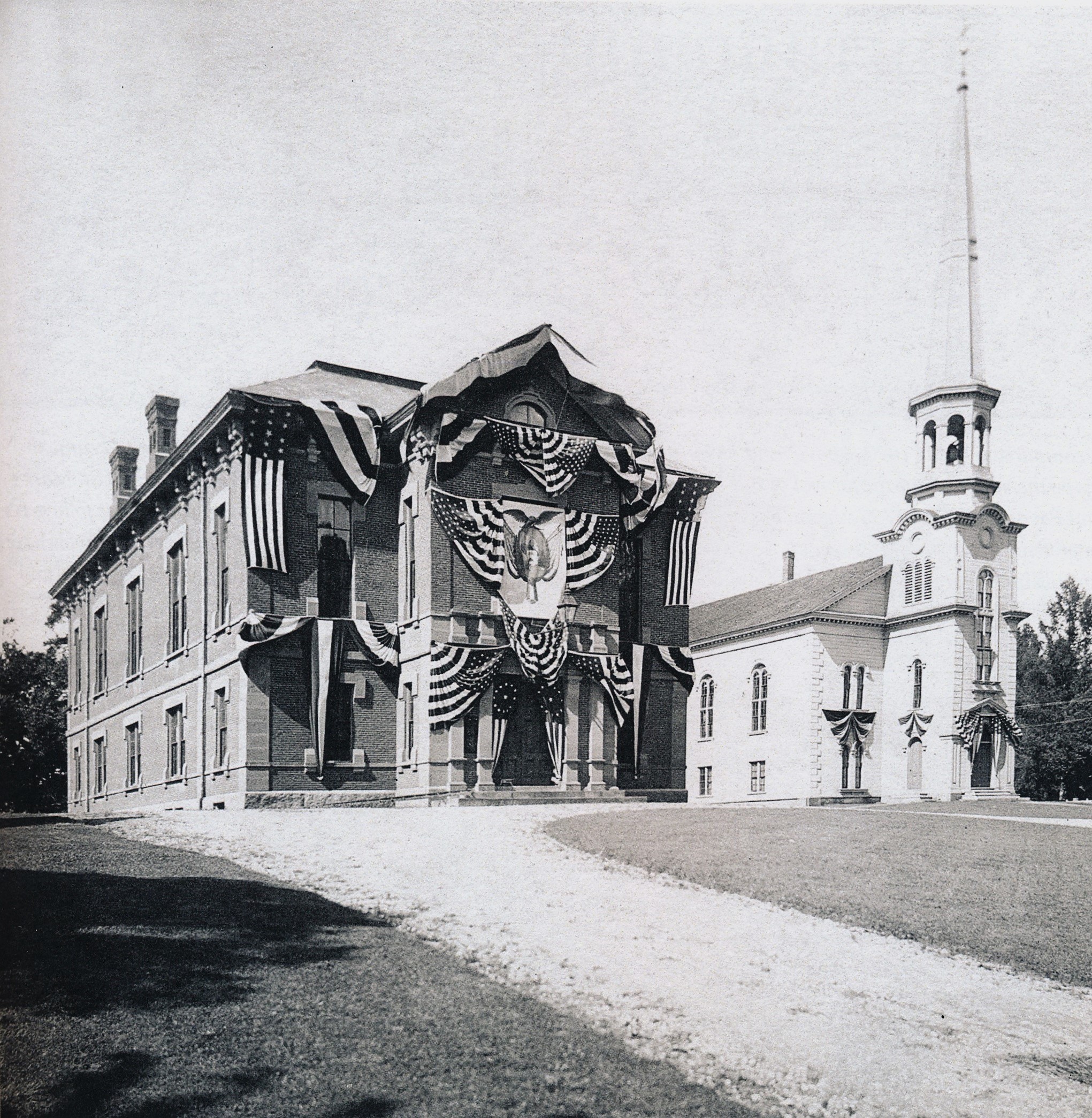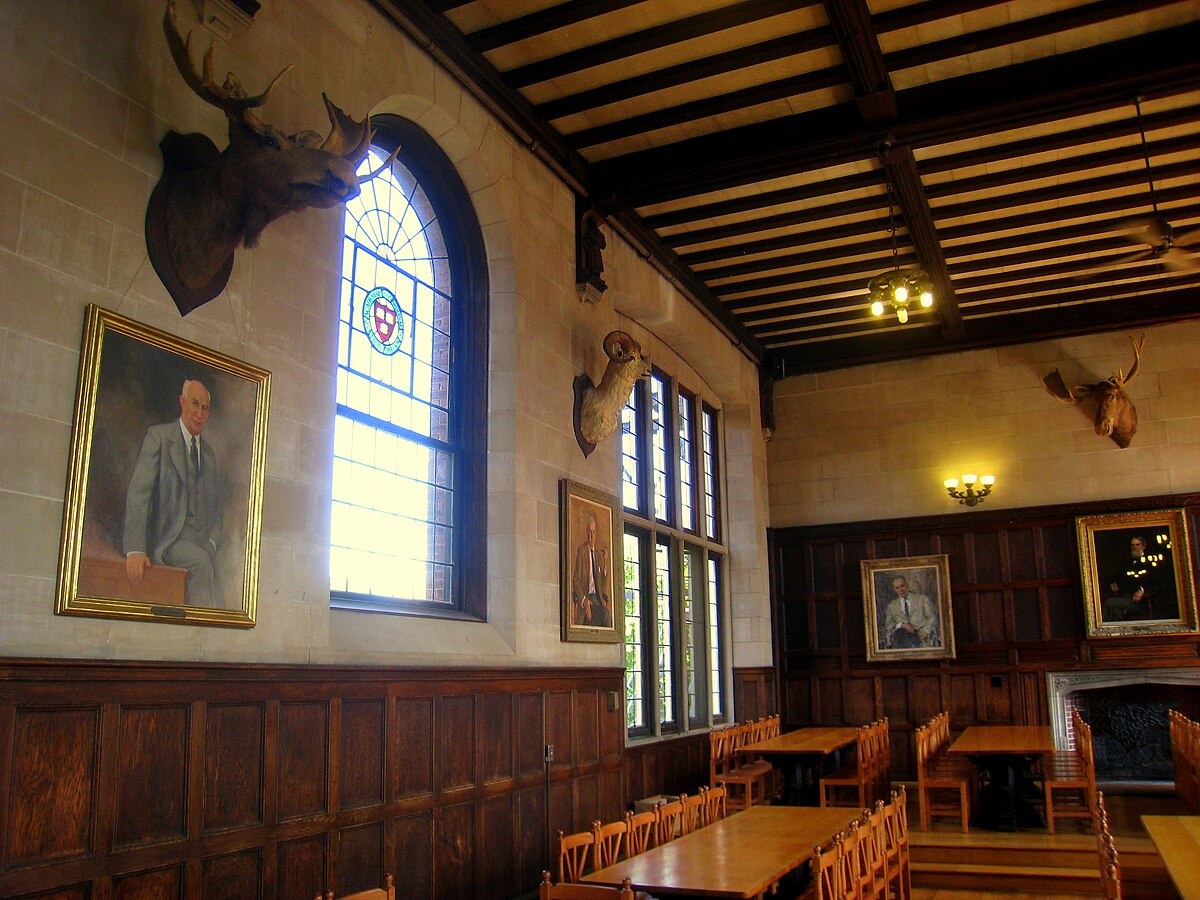
SOUTHBOROUGH — Theodore Roosevelt loomed large over America and literally over Southborough. Like the rest of America, Southborough was infatuated with Roosevelt. His triumph in Cuba cemented his popularity and his connection to Southborough. Thirteen Southborough residents and three dozen St. Mark’s alumni served in the Spanish-American War of 1898, including eight Rough Riders who charged up San Juan Hill with Colonel Roosevelt. To celebrate President Roosevelt’s reelection victory in 1904, Southborough’s Town Hall honored the 26th President with buntings, flags, and a banner displaying Roosevelt’s monumental visage.
Southborough’s adulation was surely known during Roosevelt’s visit years later. Colonel Roosevelt (the title he most preferred even after his presidency) was passing through Massachusetts in late November 1911, as a private citizen. He declared vehemently to the press that he was not a candidate for president, despite his misgivings with the incumbent Republican, his protégé William Howard Taft. This Thanksgiving, held then on the fifth Thursday in November, Roosevelt was simply traveling to visit his son at the Groton School. He was to leave for New York from Worcester Friday via train.
On invitation of the headmaster of St. Mark’s School, the Reverend Doctor William G. Thayer, Roosevelt was due Thanksgiving Day to speak to the students. The Colonel agreed on the condition that no publicity be given to the event. The only member of the public not affiliated with the school was Irving Morse of Marlborough, who knew Roosevelt from their time at Harvard. Brief reports of Roosevelt’s visit found their way into The Boston Globe and the New York Times.

Although the exact contents of his speech are unknown, Roosevelt reportedly lectured the schoolboys about the importance of citizenship, before regaling them with stories of his hunting adventures in Africa, including select photos of the thousands of animals his team had trapped or killed. Neither topic saw its debut in Southborough. The town library had already acquired Roosevelt’s latest books, “African and European Addresses” and “African Game Trails.”
His talk of citizenship likely drew from his famous speech in Paris, from which we get his famous line: “It is not the critic who counts,” but rather “the man who is actually in the arena.” The boys of St. Mark’s gave Roosevelt the school cheer as their thanks. Before leaving, the Colonel also presented the school with one of the moose heads which now hangs in its dining room.
By the end of February 1912, Roosevelt had declared his candidacy for the Republican nomination. Foiled by party leaders at the Republican convention in June, Roosevelt and his supporters bolted to form the Progressive “Bull Moose” Party. Like much of the country, 1912 was hotly contested, and saw the closest presidential election ever held in Southborough. Out of 305 votes, Roosevelt received 102, Democrat Woodrow Wilson 111, and the incumbent Republican Taft just 112. Roosevelt split the Republican vote from the more conservative Taft, allowing Wilson to win Massachusetts and the nation without a majority of the popular vote.

















